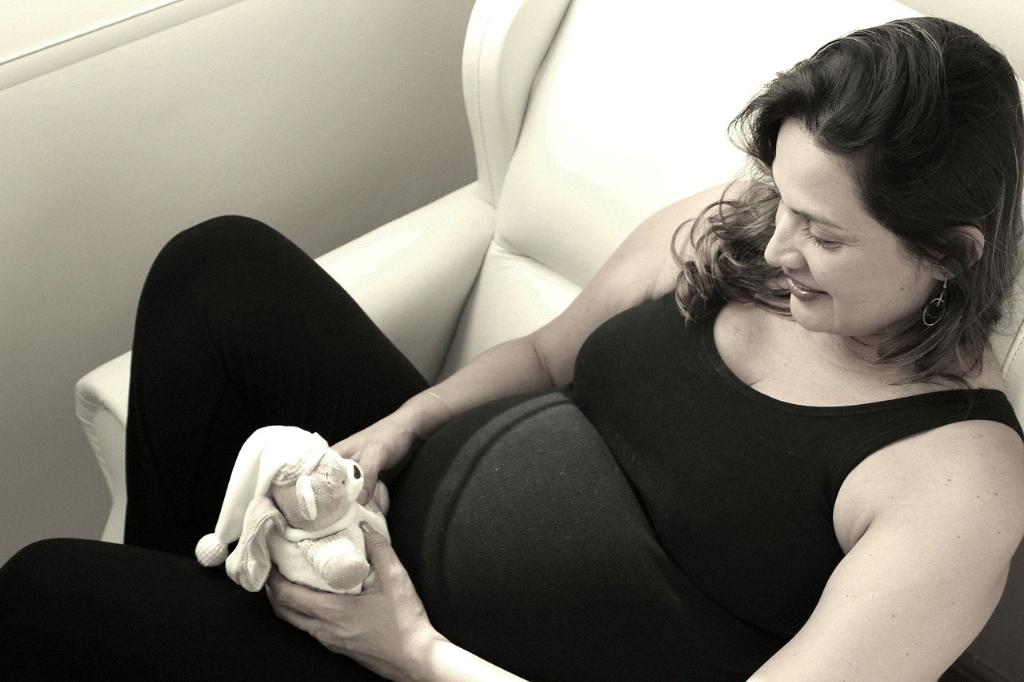When it comes to cleaning products during pregnancy, it’s essential to be aware of potential risks to both you and your developing baby. While many common household cleaning products are safe to use, some contain harmful chemicals that should be avoided to reduce any potential harm. To ensure a healthy pregnancy, it’s crucial to understand what cleaning products are not safe to use during this sensitive time.
Chemicals to Avoid
One of the main chemicals to avoid during pregnancy is ammonia. While it may not be toxic, its strong smell can trigger nausea and other discomforts, which can be particularly challenging during pregnancy. Similarly, chlorine is another common ingredient in household cleaners that can be harsh on the respiratory system and should be used with caution.
Hazardous Cleaning Products
Some cleaning products pose more significant risks during pregnancy. These include paints, paint thinners, oven cleaners, varnish removers, air fresheners, aerosols, and carpet cleaners. These products often contain volatile organic compounds (VOCs) and other harmful chemicals that can be harmful to both you and your baby.
Safer Alternatives
Opting for safer alternatives to traditional cleaning products is a wise choice during pregnancy. Natural cleaning solutions like vinegar, baking soda, and lemon can be effective for various cleaning tasks without the worry of harmful chemicals. Additionally, many environmentally-friendly cleaning products on the market offer safe options for pregnant individuals.
Reading Labels
When selecting cleaning products during pregnancy, it’s vital to read labels carefully. Look for products that are labeled as non-toxic, eco-friendly, or safe for use during pregnancy. Avoid products with strong chemical odors or those that contain ingredients like phthalates, parabens, and artificial fragrances.
Proper Ventilation
Regardless of the cleaning products you use, proper ventilation is key to reducing exposure to harmful fumes. Open windows and doors while cleaning to allow fresh air to circulate and help dissipate any lingering odors. Using a fan or wearing a mask can also provide added protection.
Seeking Help
If you’re unsure about the safety of a particular cleaning product during pregnancy, don’t hesitate to seek guidance from your healthcare provider. They can offer personalized advice and recommendations based on your individual situation and help you make informed decisions regarding cleaning product use.
Delegate Tasks
During pregnancy, it’s essential to prioritize your health and well-being. Consider delegating more strenuous cleaning tasks to others to reduce your exposure to potential risks. Enlist the help of a partner, family member, or professional cleaning service to handle tasks that may involve hazardous chemicals.
Timing Matters
Choosing the right time to clean can also impact your safety during pregnancy. Avoid cleaning in poorly ventilated areas or immediately before bedtime, as this can increase your exposure to fumes. Opt for times when you feel most comfortable and when ventilation is optimal.
Protective Gear
When using cleaning products that may pose risks during pregnancy, consider wearing protective gear such as gloves and a mask. These simple precautions can help minimize skin contact and inhalation of harmful chemicals, providing an added layer of protection for you and your baby.
Educating Others
Sharing information about safe cleaning practices during pregnancy with friends and family can help create a supportive environment. Encourage loved ones to use gentle, natural products when cleaning your shared spaces to prioritize your health and well-being during this critical time.
Final Thoughts
By being mindful of the cleaning products you use, opting for safer alternatives, reading labels carefully, ensuring proper ventilation, seeking assistance when needed, and taking necessary precautions, you can maintain a healthy home environment during pregnancy. Prioritizing your health and the well-being of your baby is paramount, and making informed choices about cleaning products is an essential aspect of ensuring a safe and healthy pregnancy.

